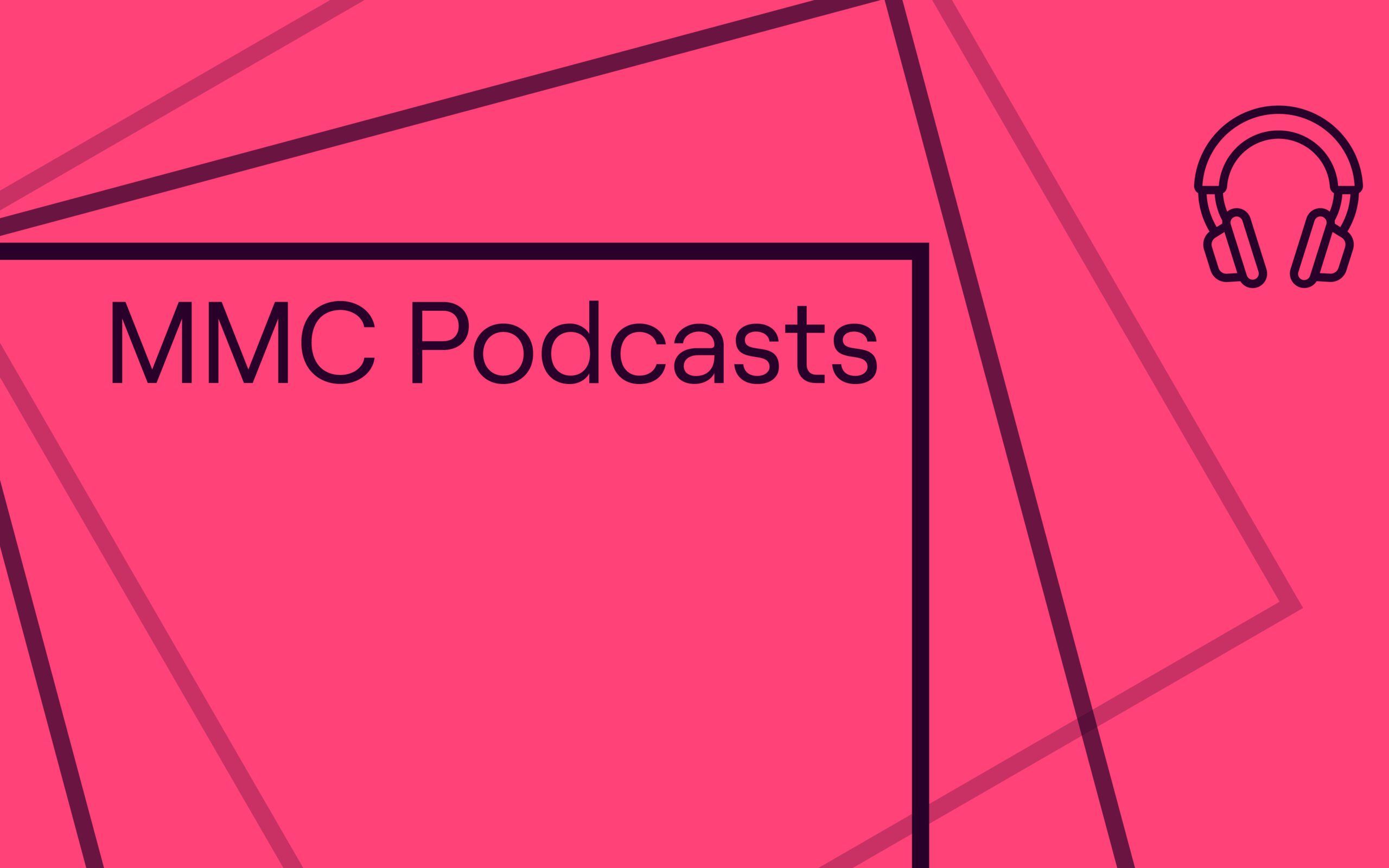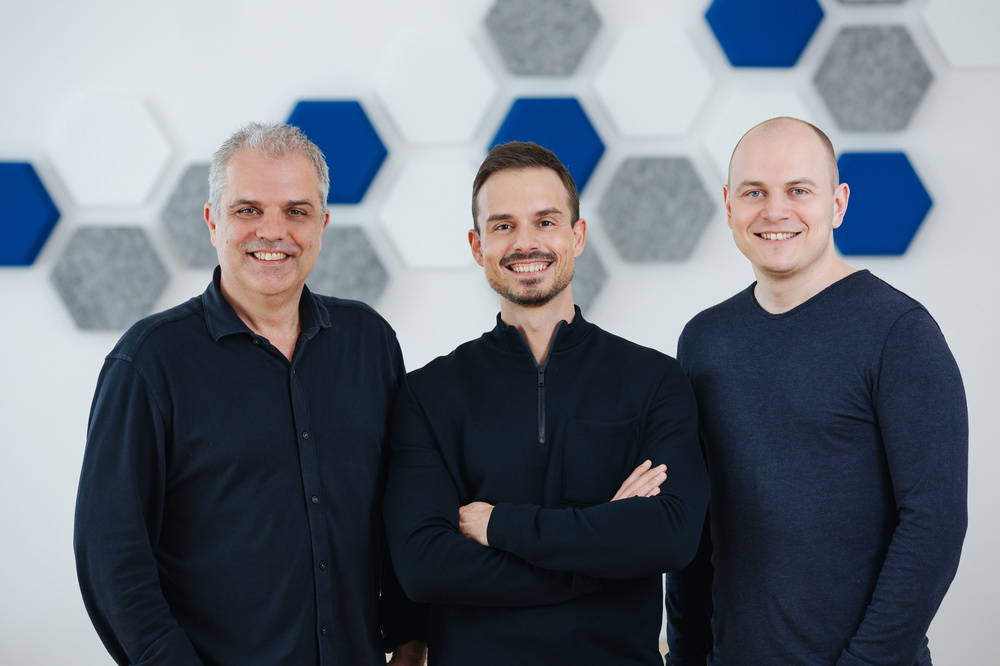Following MMC’ recent investment in XUND, we wanted to talk about why we’re excited to back the company which is revolutionising tomorrow’s healthcare.
Digital healthcare is a rapidly growing sector. Telehealth utilisation is 38 times higher than pre-pandemic levels. Digital healthcare enables greater access to healthcare and people are generally becoming more engaged with their health online. Today, seven per cent of Google activity is health-related, which equates to 70,000 searches every minute.
At MMC, we’ve done much research to understand the infrastructure for healthcare providers. The number of digital health solutions is rising: companies from the start-up level to the big insurers are increasingly interacting digitally with their patients. Accordingly, technology that connects the dots from the insurer to the provider to the patient is going to become much more important in the future.
Our interest in cutting-edge digital healthcare solutions led us to XUND. Founded in 2018, XUND delivers evidence-based solutions to patients and healthcare professionals to help them prevent, manage, and treat diseases. Within minutes, XUND provides relevant medical information, suggests health solutions and navigates the patient to the right point of treatment.
XUND spent many years stress testing its product and today partners with insurers, healthcare providers, pharmaceutical firms and digital health companies that want to build on top of the technology the company has created. With a team of 40 people, the investment will allow XUND to expand across Europe and the UK before turning their ambitions to US expansion.
Improving diagnostic accuracy
What excited us about XUND is their vision to bring a doctor’s skill set into a highly scalable tool to provide access to better patient diagnostics and care across the healthcare ecosystem. Getting deeper into the product, we were impressed with the technical quality of their product in its ability to assess patients’ symptoms and illnesses to make the most accurate referrals to navigate the patient to effective downstream care.
XUND uses natural language processing to build a comprehensive medical database, which is stress-tested by doctors. XUND delivers best-in-class medical accuracy of 93 percent benchmarked against doctors. Their approach is unique in that their API holds medical device status. What this means is that anyone building a digital app that involves patients and transferring data of symptoms and diseases from patients can build on top of the API, which can then be native within their own application, as opposed to needing to be tailored for each customer.
XUND’s solution has multiple benefits for both patient and the healthcare provider: whilst providing a better patient experience, XUND’s solution allows complex healthcare systems and insurers to collect data on patient journeys, creating cost savings for insurers and providers by reducing inappropriate referrals therefore also improving clinical outcomes.
Also, XUND’s aim is to support doctors by improving their clinician decisions by providing better access to data allowing them to collate symptoms around rarer diseases, which are not always picked up because they are harder to diagnose.
We believe by being more clinically accurate, XUND benefits insurance companies because by providing more accurate medical recommendations and getting this right first time by streamlining where a patient needs to go in the healthcare ecosystem. By having a digital front door, it enables the entire diagnostic and treatment process to become a lot more efficient. So XUND is beneficial for the insurance companies, for the medical providers and it delivers better patient outcomes. There is no limit to the number of healthcare applications that XUND’s technology can have.
Expert founders with diverse skills
Our investment decision was based on XUND’s combination of strategy, business skills and medical expertise. The three founders have complementary backgrounds across strategy, business and the medical profession (who still practises to ensure he stays at the cold face of new medical learning!)
We believed in the vision of the founders, which was different from competitors in the market and aligned with our thinking at MMC. The team at XUND have been on an impressive journey in terms of refining their product where they honed the solution with consumers before applying these learnings to the B2B and B2B2C approach. The tenacity of the team and the way they solved problems and pursued their vision for their products impressed us. We felt that XUND had the best product on the market but also a unique approach in their positioning and go-to-market.
A company with a vision
XUND believes that accessibility within health care is one of the biggest problems of our time. Building the symptom checker was a way to improve access across the whole healthcare ecosystem. Over time, XUND aims to develop their algorithms to expand the use case from diagnosis to preventative monitoring and the treatment of patients taking up more of the patient journey. From starting as the digital front door, XUND will eventually be able to improve the data flow – and the patient flow – downstream of initial diagnosis.
At MMC, we’re always looking for cutting-edge technologies that are ready to scale. XUND is valuable because it is more than a medical device; it is also a tool to build on that delivers infrastructure and an API layer. XUND was the perfect fit for our portfolio as we focus on digital infrastructure within the healthcare sector. With the rise of the healthcare developer, XUND’s capability to enable companies to build on top of its infrastructure as opposed to building it themselves was a compelling factor.
XUND also complements our portfolio company, PocDoc, which provides at-home diagnostics and testing infrastructure. Where XUND is the digital front door, PocDoc provides medically-regulated diagnostic tests, such as lipid tests to analyse cholesterol at home. PocDoc also provides the infrastructure for testing and building out a suite of better testing solutions over time also enabling other companies to plug in their tests. In this way, PocDoc and XUND are complementary as they are different parts of the stack but part of the same flow.
A significant part of our overall strategy at MMC is focused on data-driven health. XUND was a natural investment for us because it supports both the collection of data and also the flow of data within the healthcare ecosystem. In doing so, XUND improves patient outcomes across the board. So XUND aligns well with our digital health strategy by helping providers to collect more accurate data, improving efficiency within the system, and, ultimately, benefitting the patient.








